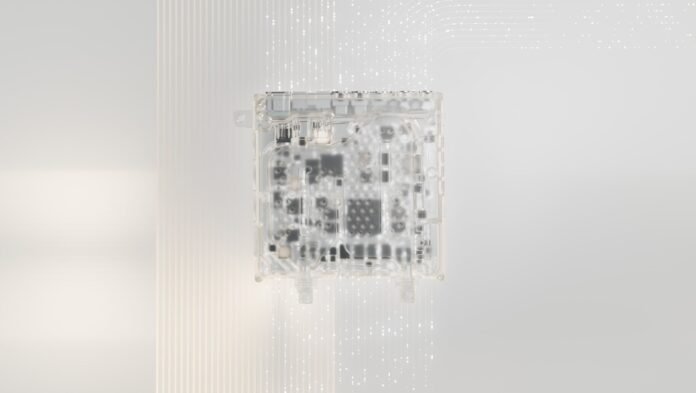Volvo Cars is advancing automotive technology through a human-centric approach, focusing on enhancing safety and improving lives rather than developing technology for its own sake. A key part of this initiative is their commitment to creating software-defined cars that integrate cutting-edge connectivity, safety, and data management technologies. The Volvo EX90 exemplifies this vision as the company’s first fully software-defined vehicle, built upon a centralized core compute architecture, powered by NVIDIA’s DRIVE Orin system-on-a-chip (SoC). This system handles everything from deep-learning safety features to the future introduction of autonomous driving, ultimately shaping a superior customer experience. Volvo’s partnership with NVIDIA enables the company to merge in-house innovations with the latest technological advancements, setting the stage for safer and smarter vehicles.
Looking ahead, Volvo Cars aims to integrate NVIDIA’s DRIVE Thor in its future models, offering a significant leap in processing power and energy efficiency. This collaboration will allow for even more sophisticated driving assistance systems, autonomous driving capabilities, and enhanced AI-based in-car experiences. Volvo’s AI development efforts, supported by NVIDIA’s DGX AI supercomputing platform, are designed to accelerate AI training and ensure the company’s cars are equipped with top-tier safety features. These technological strides are grounded in Volvo’s overarching goal of refining safety, reducing operational costs, and enhancing the customer experience, as demonstrated by the company’s record-breaking performance in 2023, with SEK 399.3 billion in revenue and 708,716 cars sold globally.







